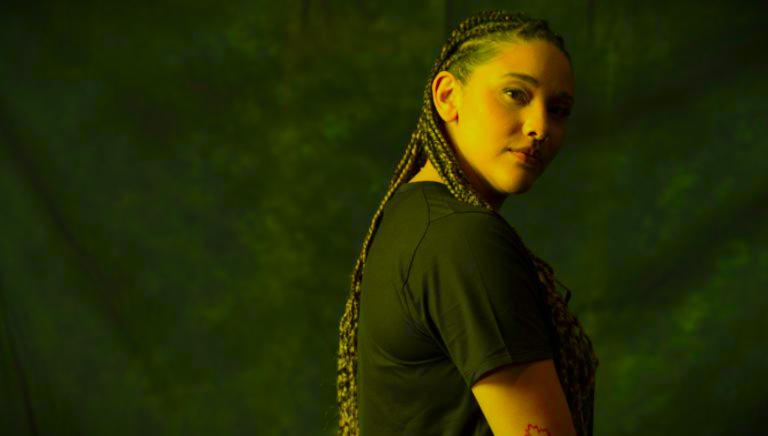Natalie Achonwa’s Journey Ahead of Paris 2024
Natalie Achonwa, a professional basketball player and a key member of the Canadian women’s basketball team, has embarked on a challenging journey of balancing motherhood with her athletic career. After welcoming her son, Maverick, in April 2023, Achonwa quickly realized that her plans for motherhood and elite sports would be more demanding than anticipated.
Achonwa, a 31-year-old forward from Guelph, Ontario, has been an integral part of Team Canada since her teenage years. She debuted at the 2012 London Olympics and is set to compete in her fourth and final Olympic tournament in Paris 2024. Her career includes being the ninth overall pick in the 2014 WNBA draft, playing for the Indiana Fever and Minnesota Lynx, and stints overseas in Italy, France, South Korea, and China.
Being a professional athlete while raising a child has posed significant challenges for Achonwa. Despite her competitive spirit and meticulous planning, the realities of parenting have been humbling. “I wouldn’t trade being Maverick’s mom for the world. But I don’t want to glamorize the life of being a professional athlete and being a mom at the same time,” Achonwa remarked, highlighting the intense demands of her dual roles.
Achonwa has been open about her struggles with postpartum depression, describing how her awareness of her mental and physical state made it difficult to address her feelings. Fortunately, her supportive network of family and friends helped her navigate this challenging period.
Returning to the national team has been a rejuvenating experience for Achonwa. She expressed how being back with Team Canada made her feel whole, emphasizing the deep connection she has had with Canada Basketball since her teenage years. This reunion has also been significant as it marks her return from maternity leave, adding a new dimension to her identity within the team.
Achonwa’s leadership and experience are invaluable as the team prepares for the Paris Olympics. This iteration of the team, ranked fifth in the world, feels different to her. “This group is different because I don’t feel like I’m pushing them to be somewhere. I feel like I’m opening the door for them to be there,” she explained, reflecting a sense of collective readiness and mutual support.



